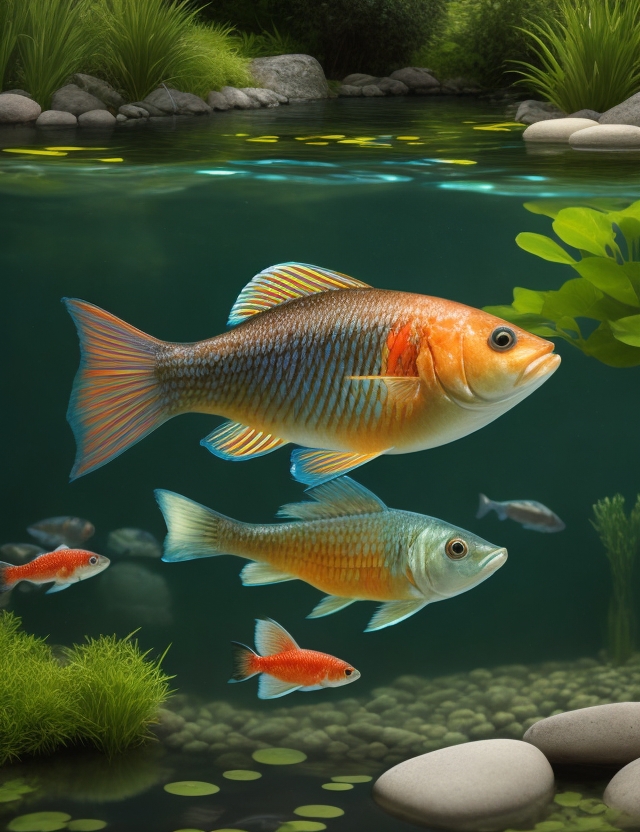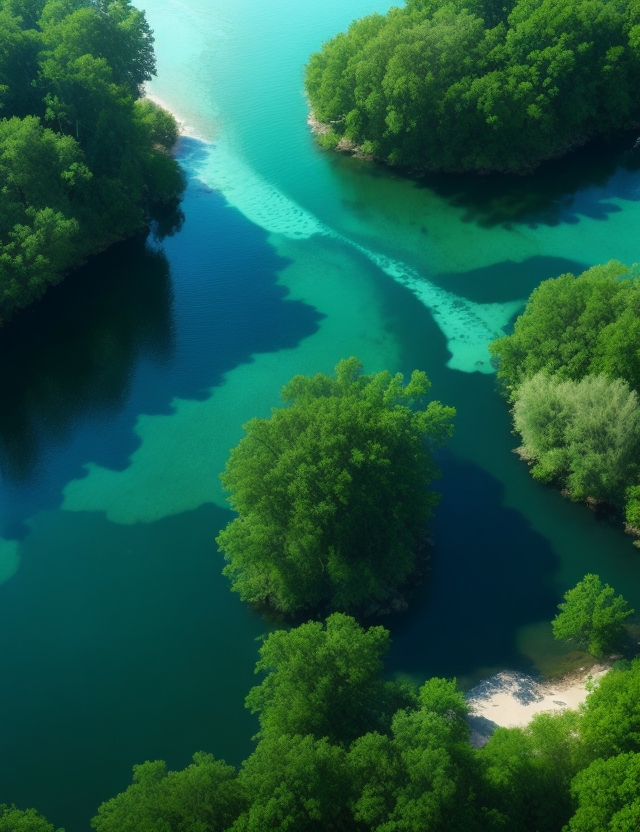Navigating the Waters of Sustainable Aquaculture
Aquaculture, the farming of aquatic organisms like fish, crustaceans, and algae, has emerged as a vital sector in global food production. While it offers a scalable way to meet growing demand for seafood, it also comes with environmental implications. This article delves into how fish farming affects local water bodies, the suitability of species for aquaculture in specific regions, and the risks of invasive species.

Water Quality Impacts
One of the most significant concerns around aquaculture is its impact on water quality. Fish waste, uneaten feed, and chemicals like antibiotics can contribute to nutrient pollution in surrounding water bodies. High nutrient levels can lead to harmful algal blooms, which create dead zones by depleting oxygen levels. Proper waste management and water filtration systems can mitigate these impacts but often come with higher operational costs.
Suitable Species
Species suitability is a critical factor for successful aquaculture. In colder regions like Northern Europe, species such as Atlantic Salmon are commonly farmed. In contrast, warmer climates may be better suited for tilapia or shrimp farm. The choice of species can also influence environmental impact; for example, herbivorous fish like carp have a lower ecological footprint compared to carnivorous species like salmon, which require feed made from wild-caught fish.
Risks of Invasive Species
In some instances, non-native or genetically modified fish farmed in aquaculture facilities have escaped into local water bodies. Such events pose a risk as these invasive species can outcompete, prey on, or bring diseases to local fish populations. Containment measures, such as netting and monitoring systems, are essential to prevent such occurrences.

Regulatory Framework
Governments and international bodies have set up regulations aimed at minimizing the environmental impacts of aquaculture. Adhering to these guidelines not only ensures sustainability but can also be a market differentiator for consumers looking for responsibly farmed seafood.
While aquaculture offers an effective way to meet the increasing demand for seafood, it's crucial to balance yield with environmental responsibility. Innovations in waste management and species-specific farming practices can significantly mitigate environmental risks, making aquaculture a more sustainable option moving forward.
We hope this article was informative. To broaden your scope on sustainable agricultural practices, our article on "Crop Rotation in Grain and Cereal Farms" will enlighten you on soil health and pest control. For those interested in diversifying farm produce, "Market Potential for Specialty Products" looks into the consumer demographics and price premiums for specialty farm products.





